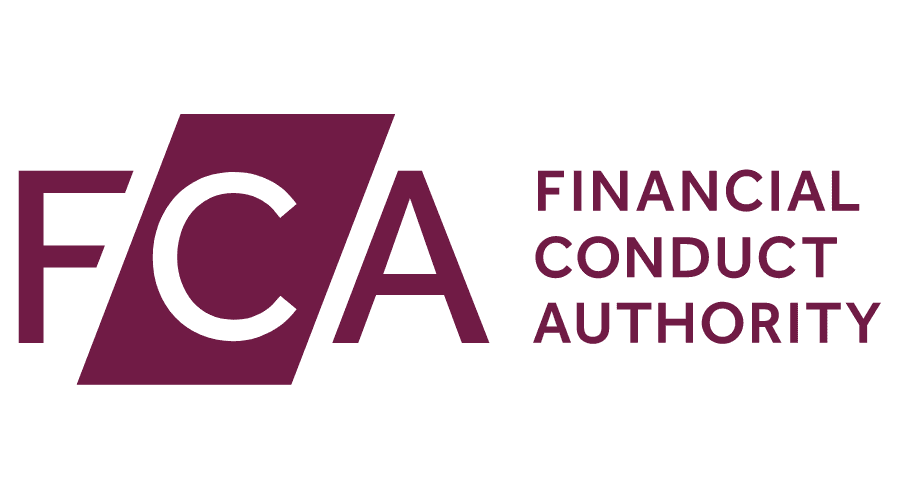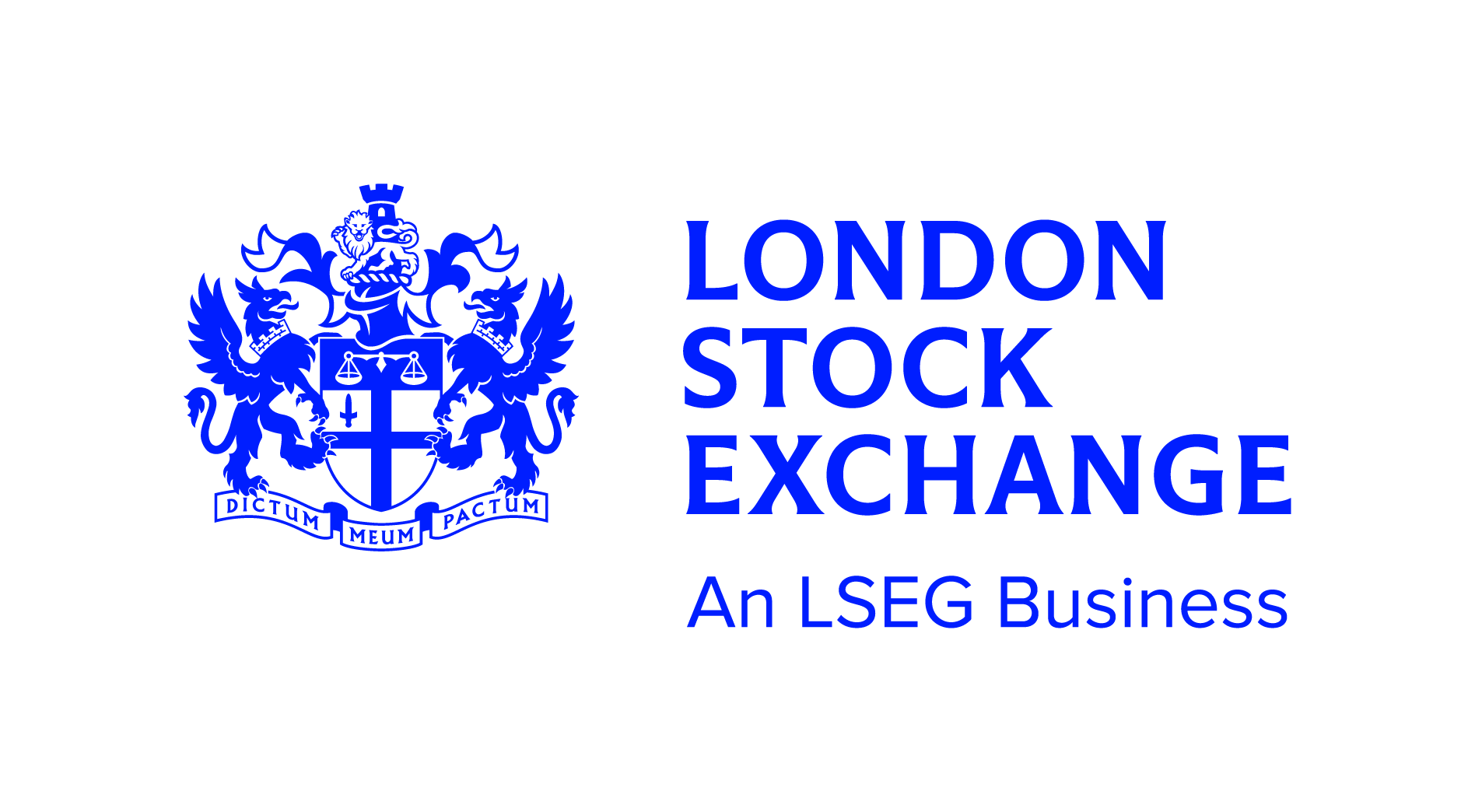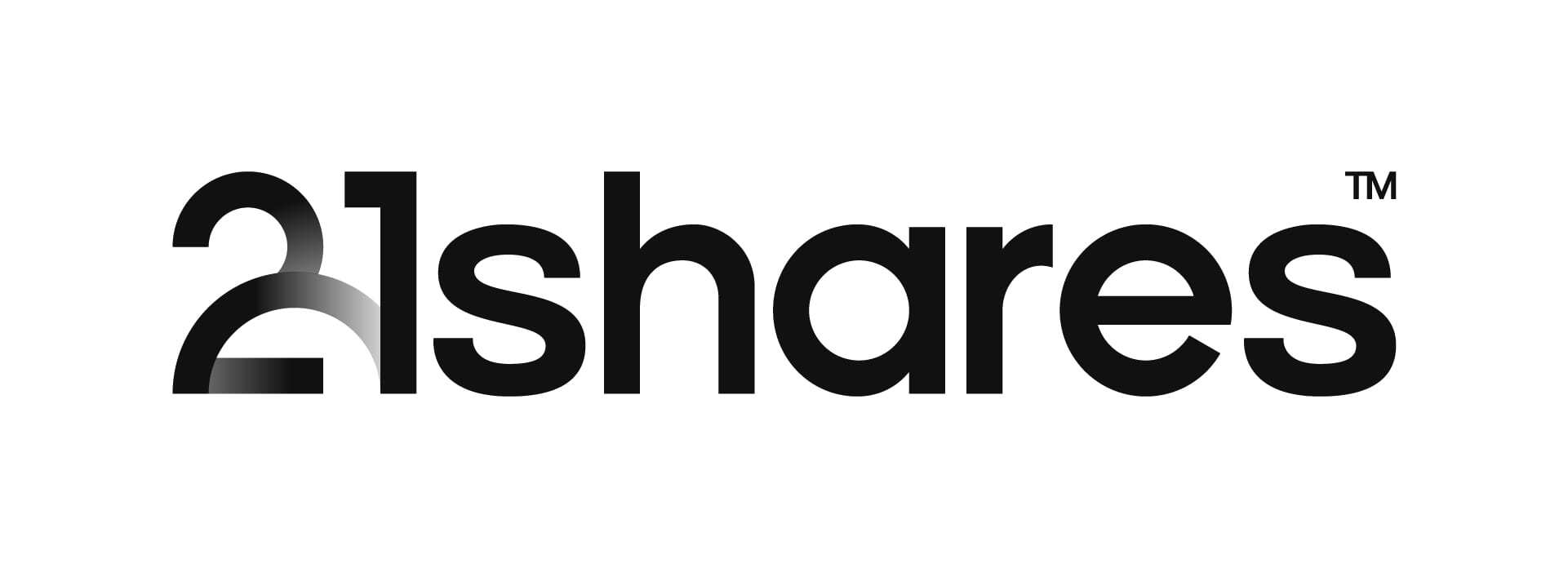The Financial Conduct Authority (FCA) will be under pressure to re-examine its stance on cryptocurrency exchange-traded products (ETPs) following the recent listings on Paris and Amsterdam exchanges and the move by two issuers to bypass UK clearing following listing on the Aquis exchange.
There were major developments in the European crypto ETP space last week with no less thanfour issuers listing strategieson Euronext Paris and Amsterdam after French and Dutch regulators joined Switzerland and Germany in softening their stance on digital assets.
Subsequently, the UK saw its first crypto listing via ETC Group and HANetf which launched Europe’s largest bitcoin ETP, the $695m BTCetc Bitcoin Exchange Traded Cryptocurrency (BTCE), on the Aquis Exchange Multilateral Trading Facilities (MTFs) in London and Paris. 21Shares alsolisted its bitcoin ETP earlier today.
ETC Group’s CEO Bradley Duke, who is speaking atETF Stream’s crypto webinar on 10 June, said the firm initially sought a listing on the London Stock Exchange but was rejected as the LSE’s clearing house, LCH Clearnet, does not currently settle crypto strategies.
After listing BTCE on the SIX Swiss Exchange, ETC Group turned to Swiss clearing, which is once again allowed to trade in London again after a temporary halt occurred as the UK left the European Union’s single market, to settle trades on the Aquis Exchange.
With huge numbers of euro-denominated trading volumes already being lost to the EU following Brexit, the bloc – along with Switzerland – is setting itself up to become the preferred listing venue for crypto ETPs in years to come and with it, the potential for huge volumes on-exchange.
Last October, the FCA banned the sale of crypto ETNs to retail investors and subsequently warned investors “should be prepared to lose all their money” causing a 10% drop in the price of bitcoin.
However, Jason Guthrie, head of digital assets, Europe, at WisdomTree, said he expected crypto ETPs to be approved by the UK regulator in “due course”.
“It is in [the FCA’s] interest if it wants bring things under its regulatory umbrella,” Guthrie stressed. “It is important to remember this is still a young asset class but we look forward to see how the stance of regulators evolve over time.”
Investing in cryptocurrencies through the ETP structure provides greater custody security compared with trading on unregulated crypto exchanges.
Martijin Rozemuller, head of ETFs, Europe, at VanEck, argued the recent listings on Euronext would have been duly noted by the FCA when deciding whether to allow a crypto ETP listing on the London Stock Exchange.
“The Euronext listings obviously are a sign that authorities are giving more room for crypto assets,” he added. “Allowing crypto products like the ETNs to be listed and traded on a regulated exchange will actually help local authorities to get more visibility and control, which in turn will help further maturing of this asset class.”
The next 12 months is set to be a fascinating time for crypto ETPs. As the market matures, expect more issuers, market makers and custodians to enter the space but how the regulatory environment develops will be crucial to the growth of the asset class.









